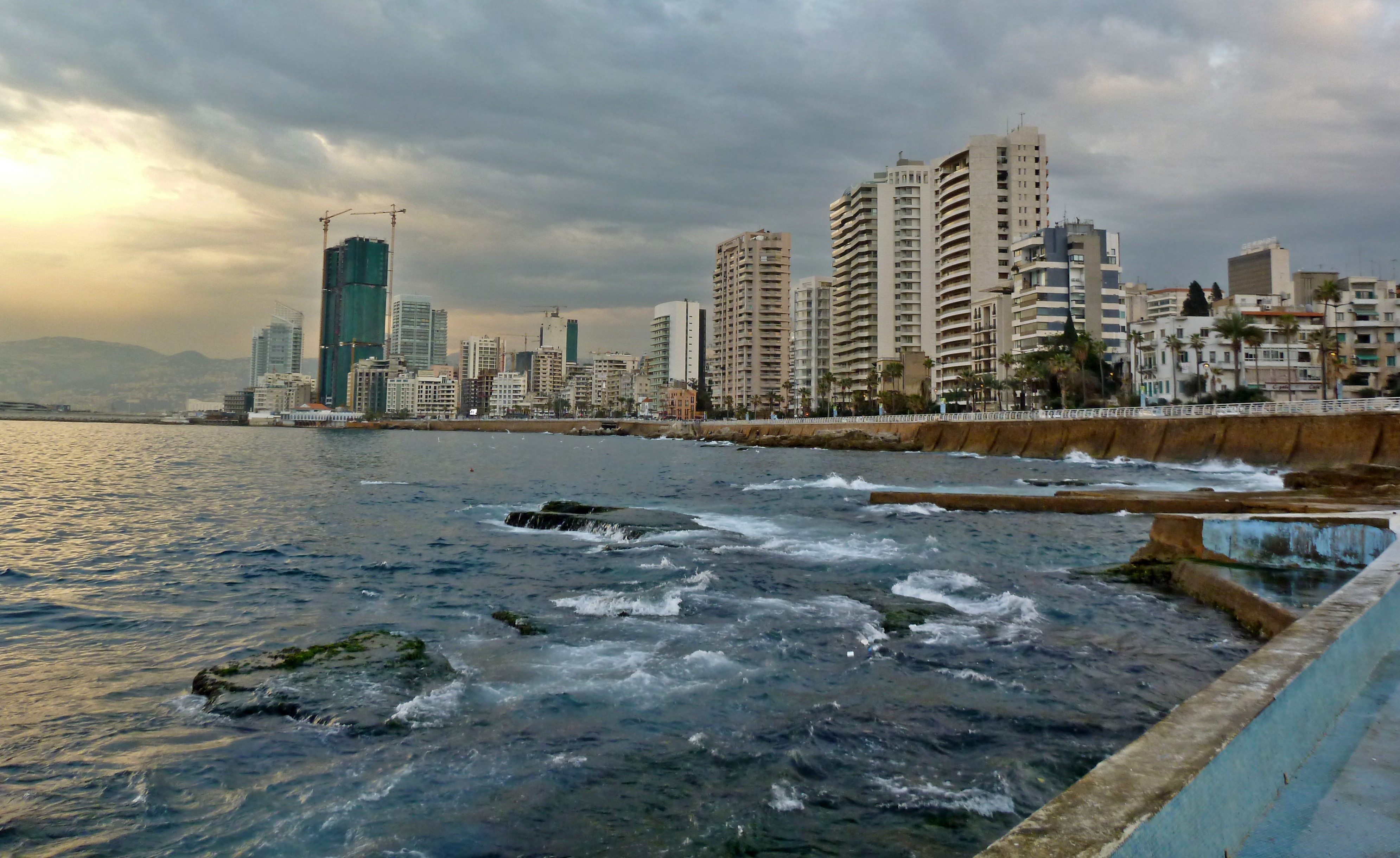Last week, I wrote about how the Western media focuses disproportionately on negative news out of the Middle East, drawing attention to violence and sectarianism, and ultimately perpetuating American fears of the region and its people. Today, I will discuss the terrible attack that was carried out in Lebanon, but hope to foster intelligent discussion in the place of the fear-mongering that has become the norm.
This afternoon in Achrafieh, a wealthy Christian neighborhood in downtown Beirut, a car bomb went off, killing at least eight people and wounding more than seventy others. One of the those slain was Brigadier General Wissam al-Hassan, the intelligence chief of Lebanon’s Internal Security Forces. Not much intelligence has been collected (or released) concerning the details behind the attack, but it is widely suspected that General Hassan was the target of an assassination orchestrated by Syrian president Bashar al-Assad’s regime.
For me, someone who was sitting on a couch listening to Vampire Weekend as I read about the attack online, it was scary. Achrafieh is the next neighborhood over from Gemmayze, home to popular bars and nightclubs, as well as the hostel where I stayed last January. I know many people living in Beirut, including a fellow former student of the Middlebury Arabic immersion program, whose office is only a block away from where the bomb went off. But if this violence surprised, shocked and saddened me to the extent it did, I can only imagine what it feels like for the people of Beirut.
This bombing was not a terrorist attack, meant to inspire fear and panic in civilians, and it is not connected to the culture of internal assassinations that has plagued Lebanon for decades. Rather, it is an indicator of the extent to which the violence in Syria is spilling over into Lebanon. Several weeks ago, General Hassan had a hand in the arrest of former Lebanese information minister Michel Samaha, a strong ally of the Assad regime. General Hassan, who had been receiving death threats for weeks and had moved his family to Paris for their safety, appears to have been killed for standing up to Assad’s regime. This was not senseless violence, but rather a political assassination that demonstrates the interconnectedness of Lebanese and Syrian politics.
Unfortunately, this attack is not the end of it. No longer are the thousands of Syrian refugees in Lebanon and Hezbollah militants in Syria the main signs of Lebanon’s involvement in its neighbor’s civil war; now, the battlefield itself has moved. This is not a Lebanese problem; what we, watching these events unfold from across the world should draw from this is not that violence is ever-present or spreading throughout the region, but that Syria is a bigger crisis than ever. We should not concern ourselves with the Lebanese, but with the Syrian regime and opposition forces that are taking their issues across national borders, and with the powerful states and international community that are unable (or unwilling) to do anything about it. As today’s attack shows, violence is increasing in Lebanon; it is affecting civilians and perpetrating sectarian divides. But this is not a Lebanese issue or even a Middle Eastern issue, it is a Syrian issue; and something needs to be done about it before it causes any deeper damage to its neighbors and the region at large.

Really? Last I read Turkey was all talk. Supposedly they don't have the resources to pull off any kind of long-term sustained conflict against Syria, let alone an invasion.
Any Turkish move would fall under NATO auspices and require air support from the US, but I don't see any other country committing ground forces. The question is whether Turkey would sacrifice economic growth for Human Rights and the protection of Syria's Kurdish minority. Probably not. If however the situation at the border becomes too destabilizing, I wouldn't rule out a large-scale version of what they did in northern Iraq not so long ago.
Alternatively it could turn out to be all talk, like you point out. Hence the litmus test.
Very interesting. But what is to be done about Syria? The US is overstretched and Europe has neither the stomach nor the capacity for intervention on such a scale. Plus there is no consensus at the Security Council.
It seems to me the only actor that can pull intervention off is Turkey. It has a large land army, and shares a long, now unstable border with Syria. This could be the litmus test for neo-Ottomanism.
Hi annika, you should talk to Katie Sola, whose article "Game of Sects" is the magazine feature on pg 22 and on the same topic (eerily, she also mentions Samaha and asks what will happen to him). Sola thinks the Syrian regime is directly trying to incite a civil war. Off the mark?